Can Cats Eat Granola? Is This Crunchy Snack Safe for Your Feline Friend?
- 2 Apr 2025 16:40
Granola is a popular snack for humans, often packed with oats, nuts, dried fruits, and sometimes even chocolate. 🍯 But when it comes to our furry friends, particularly cats, you might wonder can cats eat granola? While granola is generally safe in small amounts, it’s not an ideal food for cats, and there are several reasons why you should be cautious about sharing this snack with your feline companion.
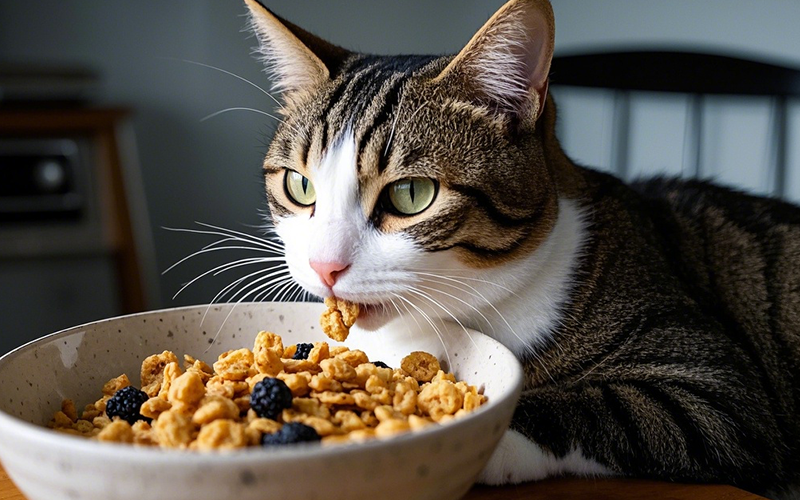
Can Cats Eat Granola? The Short Answer
Granola is not toxic to cats, but it’s not a suitable treat for them. Cats are obligate carnivores, which means their digestive system is designed to process animal proteins rather than grains, nuts, and fruits. Granola is made with ingredients that may not be easy for your cat to digest and could even pose potential risks if consumed in large quantities.
The Ingredients in Granola and Their Impact on Cats
Granola typically contains a variety of ingredients, some of which may not be ideal for cats:
Oats: Oats are not toxic to cats and may be tolerable in small amounts. However, cats don’t need grains in their diet, and too many oats could contribute to unnecessary carbohydrates in their system.
Nuts: Many granola varieties contain nuts like almonds, walnuts, or cashews. While nuts themselves aren’t usually toxic to cats, they can be difficult for them to digest. Some nuts, like macadamia nuts, are toxic to cats, and other types can pose a choking hazard due to their hard texture.
Dried Fruits: Some granola includes dried fruits like raisins or currants. These are toxic to cats and can cause kidney failure. Dried fruits should be avoided entirely in any form of treat for your cat.
Sugar or Honey: Many granola bars or mixes contain added sugar or honey for sweetness. Cats do not need sugar in their diet, and too much can contribute to obesity, diabetes, and other health issues.
Chocolate: Some granola mixes contain chocolate, which is highly toxic to cats. Even small amounts of chocolate can cause vomiting, diarrhea, and, in severe cases, death.
Cinnamon: Some granola recipes may include cinnamon, which is generally safe in small amounts but can be harmful in larger quantities. Cinnamon can irritate your cat’s digestive system and cause vomiting, diarrhea, and other discomforts.
The Risks of Feeding Granola to Cats
Digestive Issues: Cats are obligate carnivores, and their digestive systems are not designed to process grains, nuts, or fruits efficiently. Eating granola could lead to gastrointestinal upset, including vomiting or diarrhea.
Choking Hazards: The hard texture of nuts and some dried fruits in granola can present a choking hazard. Cats might also accidentally ingest large pieces of food that could get stuck in their throat or digestive tract.
Sugar and Weight Gain: Granola often contains sugar or honey, both of which are unnecessary and unhealthy for cats. Excessive sugar intake can lead to obesity, diabetes, and tooth decay in cats.
Toxic Ingredients: As mentioned earlier, dried fruits like raisins and currants are toxic to cats. Even a small amount can cause kidney failure and other severe health problems. Additionally, if the granola contains chocolate or excessive cinnamon, it could cause poisoning.
Nutritional Imbalance: Granola doesn’t offer the necessary protein or nutrients that cats need. Cats require a diet rich in meat, and granola, being plant-based, doesn’t provide these essential amino acids.
What to Do if Your Cat Eats Granola
If your cat happens to nibble on some granola, don’t panic right away. Monitor for any symptoms of digestive upset or toxicity, including vomiting, diarrhea, or lethargy. If your cat ate granola with harmful ingredients like raisins, chocolate, or cinnamon, contact a pet health professional immediately.
Even if the granola doesn’t contain any harmful ingredients, it’s still a good idea to keep an eye on your cat for any signs of discomfort. You should also ensure they stay hydrated and avoid giving them more granola or other inappropriate foods.
Safer Snack Alternatives for Cats
Rather than sharing human snacks like granola with your cat, it’s best to provide treats that are specifically designed for feline dietary needs. Here are some healthy, cat-friendly snack alternatives:
Cooked chicken or turkey: Simple, lean meats are always a safe and nutritious choice for cats.
Catnip: A fun and safe treat that many cats enjoy, offering both mental stimulation and a bit of playtime.
Commercial cat treats: Look for treats that are formulated with your cat’s health in mind. There are many options available that promote dental health, hydration, and overall well-being.
Small amounts of cheese: Some cats enjoy cheese, and while it's not a natural part of their diet, a small amount is usually safe.
The Role of PettureX in Pet Health
If you’re ever unsure about what foods are safe for your cat or have questions about their diet, PettureX is here to help! 🐾 PettureX offers 24-hour online consultations and can provide expert guidance on what’s best for your cat’s health. You can also use PettureX’s pet image recognition feature to identify whether any food or plant is safe for your furry friend.
Conclusion
So, can cats eat granola? While granola itself isn’t toxic to cats, it’s not a good snack choice due to its high sugar content, hard nuts, and potential for harmful ingredients like raisins, chocolate, and cinnamon. The best approach is to stick to treats designed for cats that meet their specific dietary needs.
For a healthier option, choose cat-friendly snacks or lean meats that provide protein and nutrients your cat requires. If you’re ever in doubt, don’t hesitate to consult PettureX for personalized advice on your cat’s diet and health! 🐱💚
By avoiding granola and opting for safe treats, you’ll keep your cat happy, healthy, and well-nourished!
Related
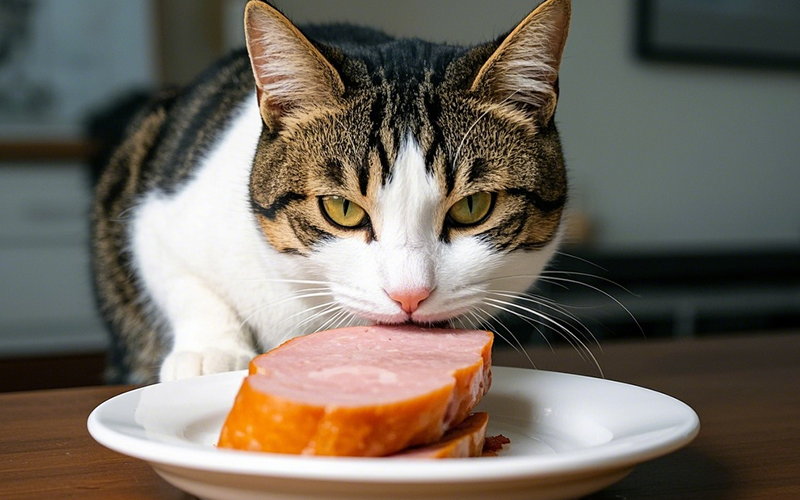
Can Cats Eat Deli Ham? A Meaty Treat That Comes with Caution
- 2 May 2025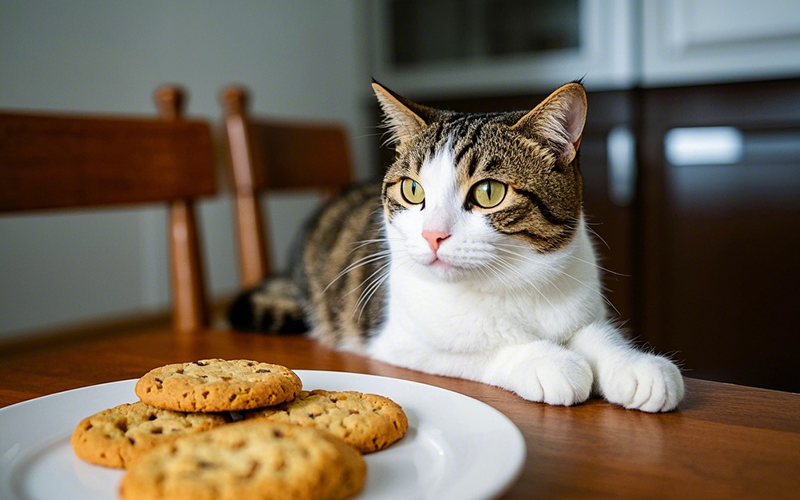
Can Cats Eat Graham Crackers? A Sweet Snack or a Risky Treat for Your Feline Friend?
- 2 Apr 2025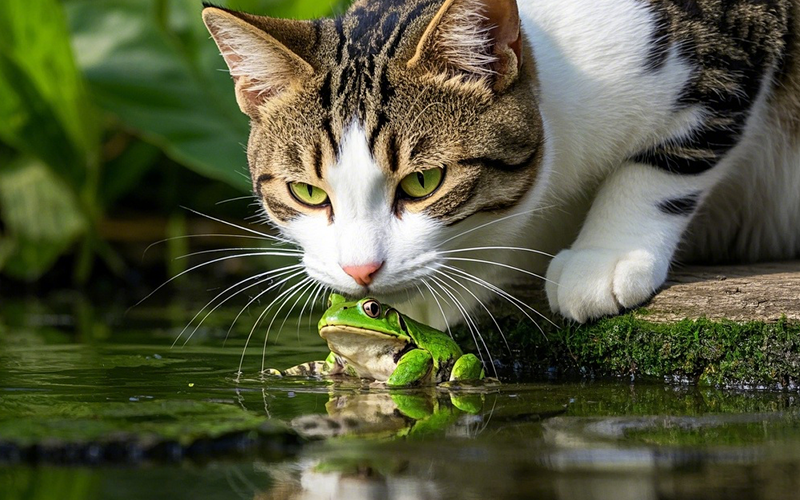
Can Cats Eat Frogs? What You Should Know About Frogs and Your Feline Friend
- 2 Apr 2025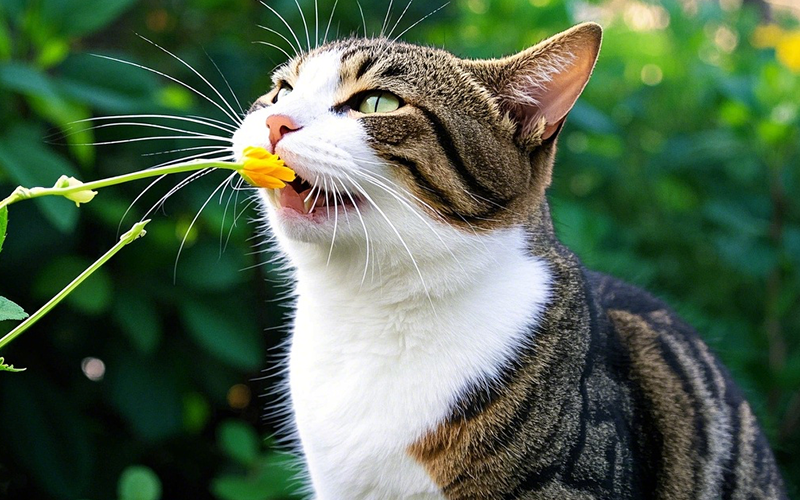
Can Cats Eat Flowers? What You Should Know About Floral Treats for Your Feline Friend
- 2 Apr 2025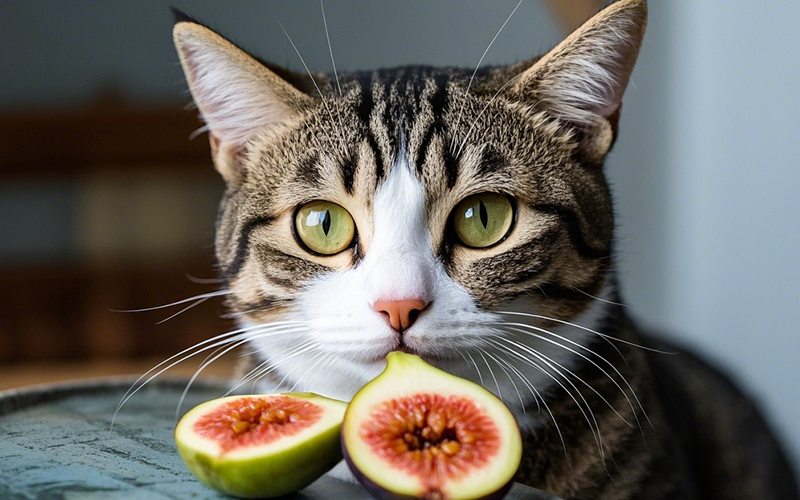
Can Cats Eat Figs? What You Need to Know Before Sharing This Fruit
- 2 Apr 2025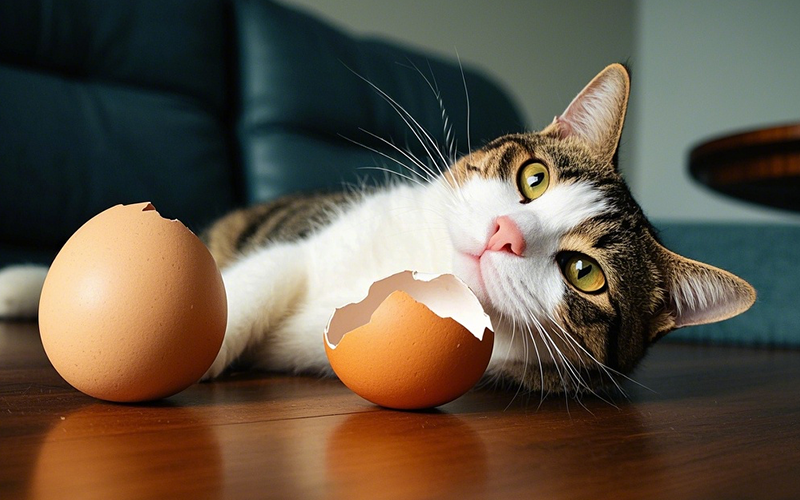
Can Cats Eat Egg Shells? The Benefits and Risks of This Crunchy Treat
- 2 Apr 2025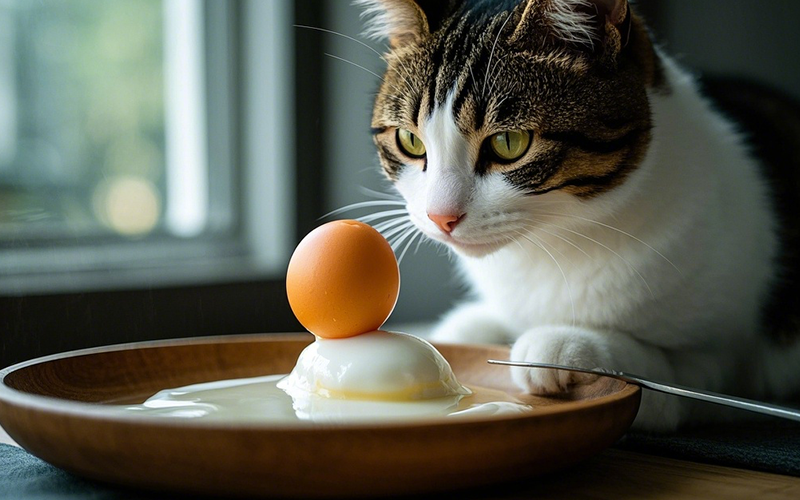
Can Cats Eat Egg Whites? The Facts You Need to Know
- 2 Apr 2025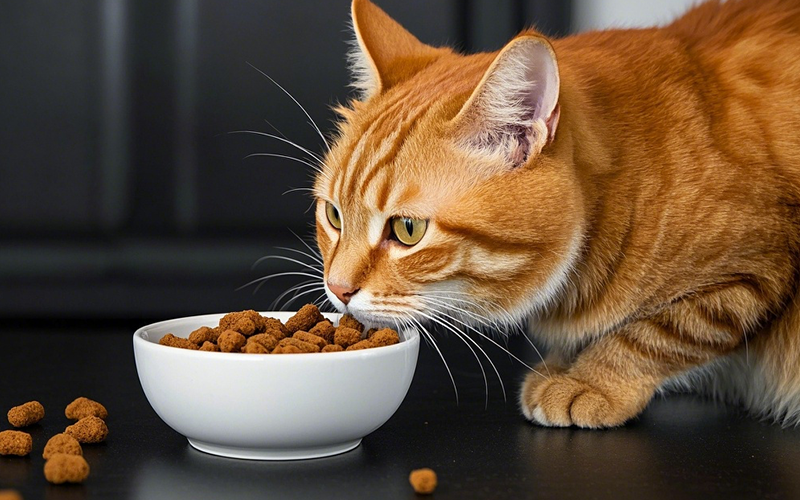
Can Cats Eat Dry Dog Food? Why It’s Not a Good Idea
- 2 Apr 2025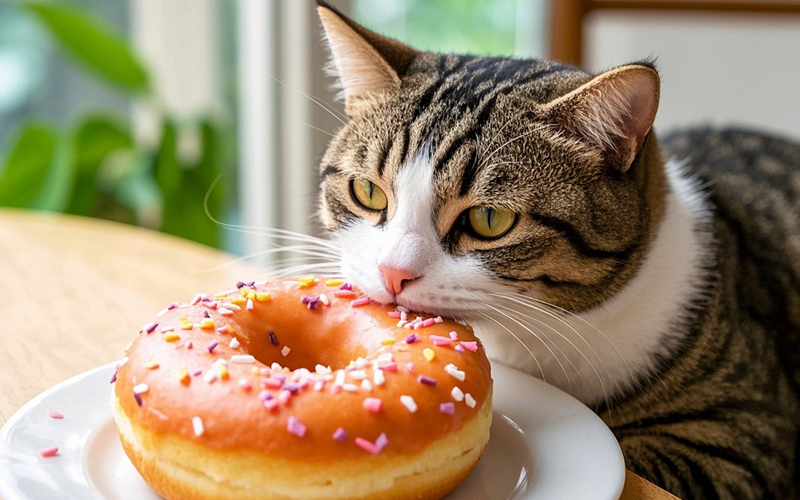
Can Cats Eat Donuts? A Sweet Treat Best Avoided
- 2 Apr 2025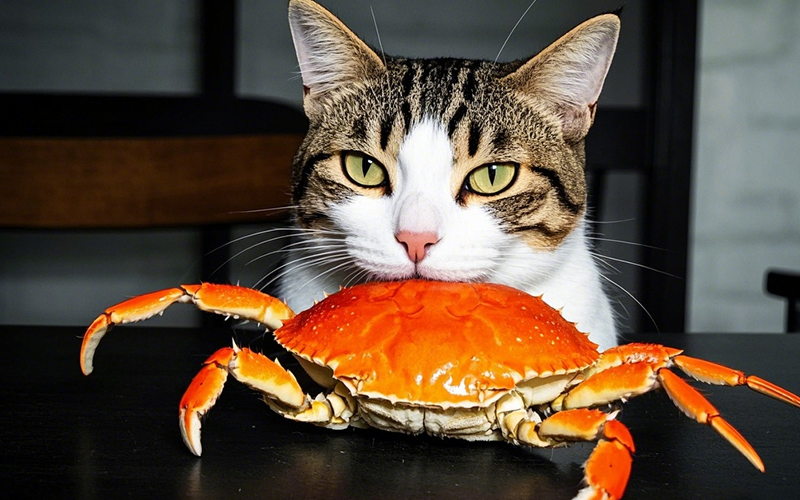
Can Cats Eat Crab Meat? A Tasty Treat with Some Caution
- 1 Apr 2025
